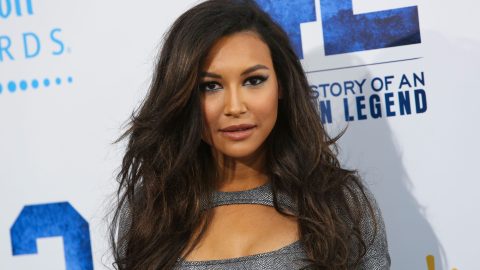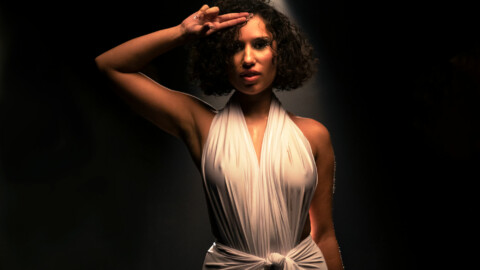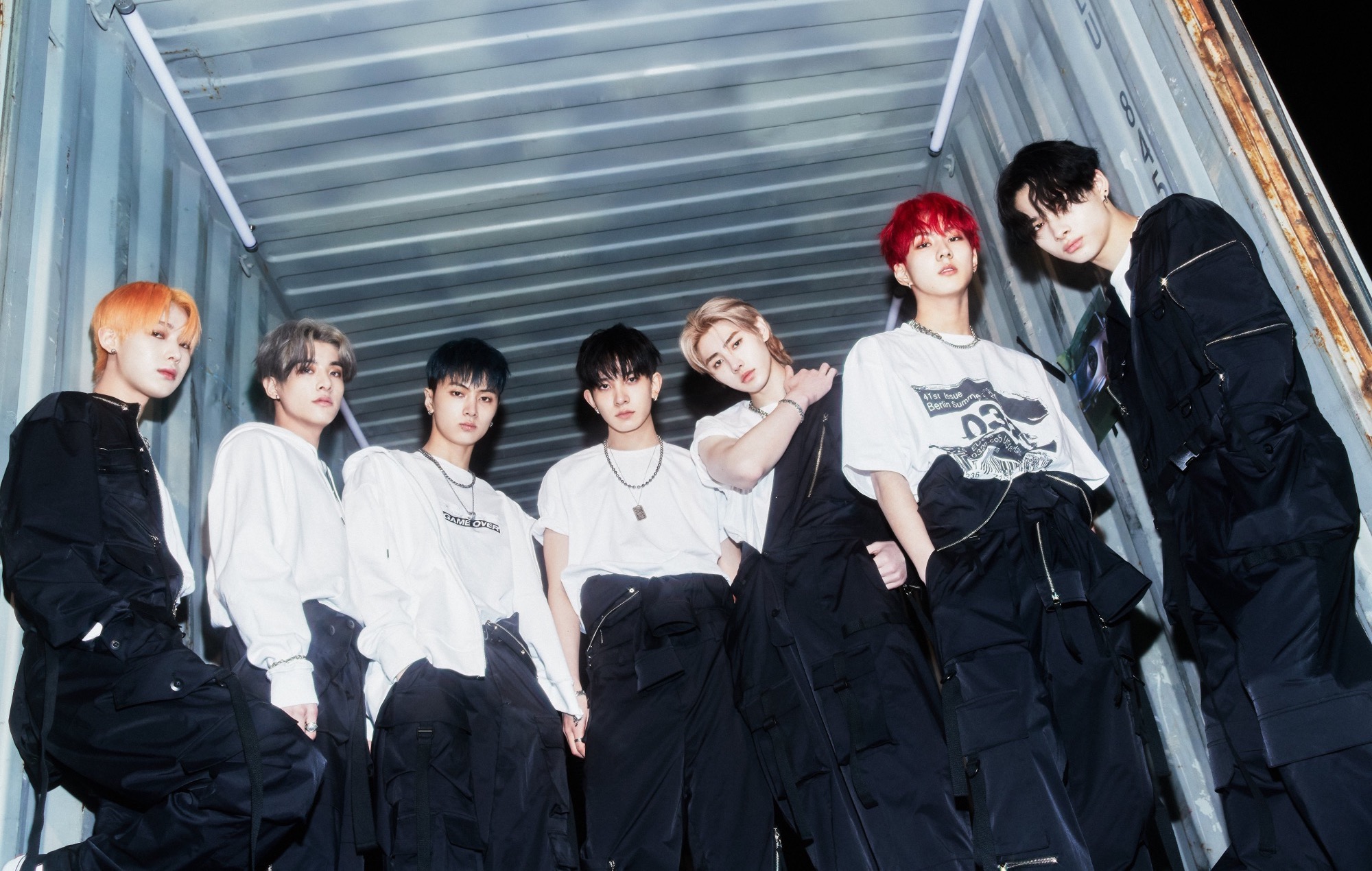
You may have read the widely flung news that Twitch – the world’s most popular gaming streaming platform – will be soon moderating usage of the terms ‘simp’, ‘Incel’ and ‘virgin’ in their upcoming revamp of the service’s harassment policy.
These words won’t be outright banned – as was initially reported – while the new ‘Hateful Conduct and Harassment Policy’, to give the directive its full title, is due to become operational on January 22 2021.
‘Simp’ and ‘incel’, and, in the context of the aforementioned words, ‘virgin’, are all slurs predominantly directed at men and boys. This group remains gaming’s most sizable demographic. 17% of all gamers, claim the Entertainment Software Association, are boys aged seventeen and under.
It’s true that there are more women and girls playing video games than ever before, but only 6% of them identify as ‘gamers’, compared to 15% of men and boys. Males are three times more likely to purchase a game than females.
Twitch’s new policy is undoubtedly a step in the right direction, while being naively myopic about the reality of online gaming’s toxicity problem. Few could argue that of all the groups who need protection in online spaces, cis men and boys shouldn’t be at the front of the queue.
“Woman have a really rough time of it on the site,” prominent British based Twitch streamer Grimsevers tells me. “Truth is, the people who are being described as ‘simps’ and ‘incels’ are the people who give Twitch a lot of money through subs. They want to be on their good side. There would be absolutely no harm in blanket blacklisting offensive words used towards women.”

Lauren Aitken is one of gaming’s most respected guides creators. She concurs. When I ask about Twitch’s new harassment policy, she laughs. “It’s rad that Twitch can moderate the usage of ‘virgin’ and ‘Incel’,” she says sarcastically. “It’s a shame they can’t prevent pile ons and insults towards women in chats.”
More statistics. A 2019 study conducted by US ‘anti hate’ organisation, the Anti-Defamation League, in collaboration with games and esports analytics firm Newzoo, reports that over half of gamers based in the US have experienced some kind of harassment either in play or out of it. But dig deeper and the stats corroborate Grimsevers and Lauren’s thinking.
The aforementioned study revealed that 38% of the women polled in the survey encountered harassment due to their gender, and 35% of LGBTQ players were harassed due to their sexual orientation. 53% said they were targeted because of their ethnicity, race, religion, gender, and sexual orientation. Why does this matter? Because 23% percent of players report that they became less social as a result of this harassment. 15% claim they felt isolated after experiencing it. Tragically, one in 10 players said they had suicidal thoughts.
Despite the focus of recent news coverage being the aforementioned gendered terms, it should be made clear that there is more to the new Twitch policy. The following behaviours are now all expressly prohibited: claiming that the victim of a well-documented violent tragedy is a crisis actor or is lying, encouraging others to hack, doxx, or swat another person and inciting malicious raids of another person’s social media profiles off Twitch.
Twitch have also banned the usage of the terms black, brown, yellow or redface unless they’re being used in ‘an explicitly educational context’. Similarly, 155 years after the 1865 signing of the US Constitutions 13th amendment, they’ve prohibited the usage of the Confederate flag. There’s also amendments to the site’s Sexual Harassment policy. Lewd comments about sexuality or physical appearance are banned, the sending of unsolicited nudes and repeatedly commenting on someone’s perceived attractiveness.
Lauren laughs. “It’s not enough!”

Harassment of female gamers often extends far beyond mean words. Last month, 26-year-old Christopher Thomson, from Dundee, was jailed for 23-months, after the FBI learned that the sometime delivery driver had been grooming a 14-year-old Texan girl. They’d connected while playing Game Of Life, the video game adaptation of the popular Hasbro board game. Thompson manipulated the child into sending him sexually explicit material, hacked her accounts in order to monitor her movements, forced her to tear up her tickets for One Direction on webcam or risk having private material shared with the world and repeatedly suggested she should kill herself.
It’s true that cis male gamers get harassed online. But they are also almost always the perpetrators. Males might be called ‘simp’ or ‘virgin’. Females get rape threats. Online toxicity is a gendered problem.
This summer, in an excellent long read in Wired magazine, an assortment of academics in fields of abuse and hate speech outlined the consequences of harassment towards women and girls. The impact, says the article, extends beyond emotional and psychological wellbeing, suggesting that women and girls who experience abusive behaviours within gaming puts said players at a disadvantage in career and educational development.
The article reads: “New research shows this behaviour has significant, long-term negative effects, especially for players who do not fall into the stereotypical gamer demographic of young white males. Certain coping mechanisms – like not using voice chat, to hide gender – puts women at a disadvantage within the game itself.
“Such experiences discourage women and girls from playing, which means they are less likely to gain the cognitive benefits of gaming such as spatial rotation skills, which are associated with success in technological career paths – an area in which there is already rampant gender disparity.”

Game publishers know there’s a problem with toxicity within their games’ communities. They’re aware they need to get tough – and quickly. This summer, EA chief marketing officer Chris Bruzzo, in announcing the games giant’s new Positive Play Charter, said the following: “It’s become very clear that multiplayer games, big online communities, are now central to the majority of gaming experiences. This is no-longer an ancillary area. Which means, okay, we can no-longer be a bystander.”
But what do women want done?
“Marginalised folk receive harassment daily online,” says Grimsevers. “It’s not fair on marginalised people to have to blacklist offensive words on Twitch manually – thus seeing the words themselves. That should be there by default. Same with offensive usernames. All possible variations of an offensive word, including numbers instead of letters, should not be allowed to be made as usernames. Surely the technology exists where you can see that a group of letters and symbols is trying to be offensive?”
“There needs to be a specific mod report button for female and non-male sexual harassment,” says Lauren. “Obviously it would get abused but that’s what reviews and reports are for. More stringent rules about discords linked to twitch are needed as many will link to a private server that’s just about sharing nudes, details of streamers and the like. And harsher bans and punishments against users who are rampant sexists/homophobes/transphobes. Temporary suspension does nothing.”
“It’s a shame people aren’t just nice isn’t it?” says Grimsevers, rhetorically.
The post Twitch’s new anti-harassment policy is not enough appeared first on NME | Music, Film, TV, Gaming & Pop Culture News.








